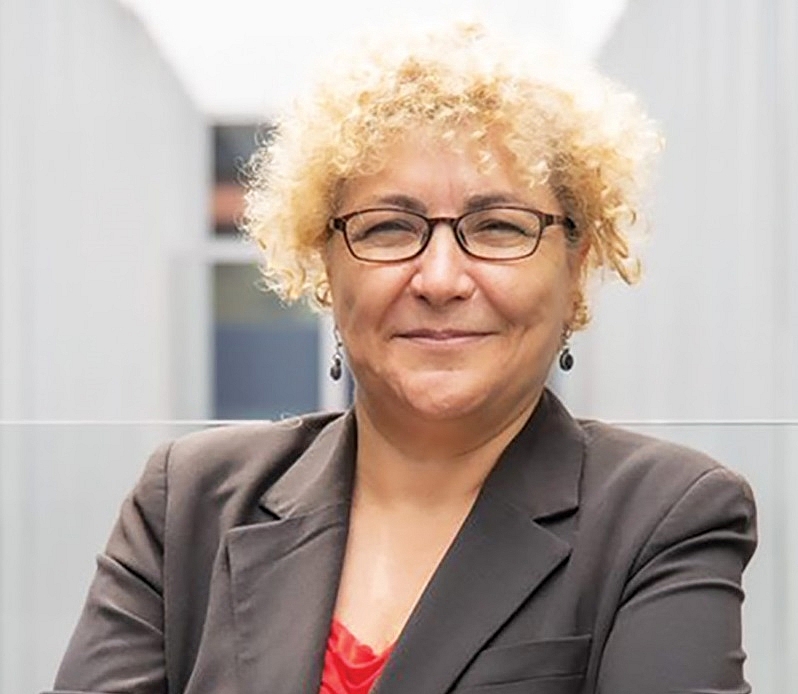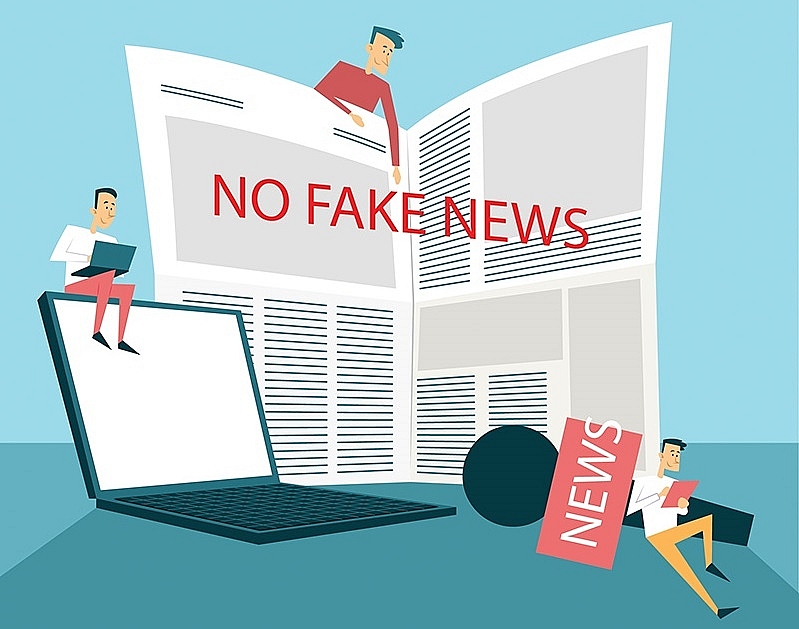The value of trust in the age of dishonest news
 |
| Dr. Farida Kbar, head of the Professional Communication Department at RMIT Vietnam |
Searching for information using personal sources, public sources, and social media platforms is a vital stage in every decision we make where we have no prior knowledge about the problem or the need we are facing. This ranges from what new restaurant to try tonight, to what new stock to invest in, and to what country to move to and build a new life in.
Looking for information about a new health issue, such as COVID-19, is no exception and thanks to the internet there are boundless sources of such information.
During these chaotic and uncertain times, the role of authority is vital as we need someone to trust since our emotions may cloud our fact-checking abilities and we need to reach decisions related to how to protect ourselves from this new health threat as fast as possible.
When it comes to information, the press has proved to be this authority in Vietnam, essential to the success of the country in its efforts to prevent the spread of COVID-19 by providing the credibility its denizens need from their information sources.
According to a Pew Research Centre study from 2017, the majority of people get their news from daily online sources, and Vietnam is no exception. Whether such information is believed to be true news or not is influenced by many factors including the trust someone has for the source of the information. Social media has created many so-called “authorities” and provided authority to many individuals who have neither the knowledge nor the experience in the field to provide credible and specific information.
During crises such as COVID-19, the time available to check the credibility of these authorities is limited, so each person has to count on his or her belief of what they know about this authority, or, in some cases, they just believe that since everyone is saying it is true, then it must be true.
 |
Some misinformation about COVID-19 is deemed to be harmless. Other misinformation may harm only one direct family, such as the alleged link between vaccination and COVID-19 or the use of hydroxychloroquine to cure it. Yet, some misinformation takes fake news to its worst level where it harms communities and countries.
In February, social media groups including an anti-5G Facebook group alleged a link between 5G mobile networks and COVID-19. The link was spread fast online and different authorities including doctors, activists, and entertainers supported it.
In March, Reuters discredited this claim based on 2020 research and guidelines from the International Commission on Non-Ionizing Radiation Protection (ICNIRP), a statement from the World Health Organization, and more. Reputable news organisations followed within days to confirm that there is no research supporting such claim.
The link between 5G and COVID-19 has been one of the worst misinformation cases in the history of fake news, as its impact has gone beyond the individual, and created hate groups who attacked people working in telecommunications and its infrastructure in many countries.
According to telecoms lobbying groups ETNO and GSMA, this false claim had resulted in over 140 arson attacks on infrastructure in 10 European countries and numerous assaults.
Although social media platforms insist that they are doing their best to stop the spread of misinformation, it is clear their best is not enough. According to a report from the Center for Countering Digital Hate, more than 90 per cent of posts spreading disinformation about COVID-19 remained visible after being reported on Facebook, Instagram, and Twitter.
The Vietnamese government is also working to stop the spread of misinformation about COVID-19. In a new decree in February, a fine of VND10-20 million ($430 to $900) will be imposed on anyone who uses social media to share false, untruthful, distorted, or slanderous information. Authorities launched a public campaign to build awareness and understanding of the consequences of misinformation with the slogan, “Fake news, real consequences”.
The Vietnamese media is also sharing with audiences detailed information about any new cases of misinformation it receives daily from The Vietnamese National Steering Committee for COVID-19 Prevention and Control.
The media is fact-checking all its information, flagging what is not true, and sharing with their readers only quality media coverage in a timely fashion about how it will impact not only their health and but also their livelihoods.
Through its actions, the press in Vietnam has enhanced its reputation as a trustworthy authority that can be relied on for accurate information during these uncertain times. This trust is reflected by the latest YouGov survey of May 5-13, in which Vietnam had the highest level of trust (89 per cent) in the press amongst the 26 countries studied in the research. The success in lack of coronavirus cases in Vietnam is due to many factors including the actions the government took.
However, in order for these actions to be successful, the government needed to trust its people to do the right thing, and this would have not been possible without the trust of the people in the community, the press, and the Vietnamese government.
What the stars mean:
★ Poor ★ ★ Promising ★★★ Good ★★★★ Very good ★★★★★ Exceptional
Related Contents
Latest News
More News
- Vietnamese businesses diversify amid global trade shifts (February 03, 2026 | 17:18)
- Consumer finance sector posts sharp profit growth (February 03, 2026 | 13:05)
- Vietnam and US to launch sixth trade negotiation round (January 30, 2026 | 15:19)
- NAB Innovation Centre underscores Vietnam’s appeal for tech investment (January 30, 2026 | 11:16)
- Vietnam moves towards market-based fuel management with E10 rollout (January 30, 2026 | 11:10)
- Vietnam startup funding enters a period of capital reset (January 30, 2026 | 11:06)
- Vietnam strengthens public debt management with World Bank and IMF (January 30, 2026 | 11:00)
- PM inspects APEC 2027 project progress in An Giang province (January 29, 2026 | 09:00)
- Vietnam among the world’s top 15 trading nations (January 28, 2026 | 17:12)
- Vietnam accelerates preparations for arbitration centre linked to new financial hub (January 28, 2026 | 17:09)

 Tag:
Tag:




















 Mobile Version
Mobile Version